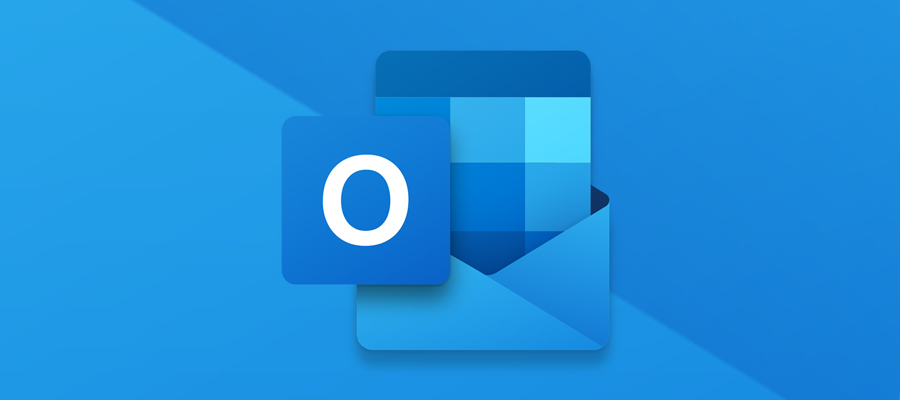
Mastering your inbox is key to staying organized and efficient in today's fast-paced world. With the constant influx of emails, it's important to have a system in place to effectively manage your Outlook inbox. By following these essential tips for Outlook email management, you can take control of your inbox and improve your productivity.
First and foremost, it's crucial to set aside dedicated time each day to go through your emails. This will help prevent your inbox from becoming overwhelming and ensure that you stay on top of important messages. Consider creating a schedule for checking and responding to emails, such as first thing in the morning or before you finish work for the day. By establishing a routine, you can develop good email management habits that will benefit you in the long run.
Another important tip for outlook email manager is to use folders to organize your messages. You can create folders based on different categories, projects, or clients to keep your inbox tidy and make it easier to locate specific emails when needed. Take the time to set up a folder structure that works for you and make a habit of moving emails to the appropriate folders as soon as you have dealt with them. This will help streamline your inbox and reduce clutter.
Utilizing Outlook's filtering and sorting features can also help you manage your emails more efficiently. You can set up rules to automatically move certain types of emails to specific folders, mark emails as read or unread, or flag important messages for follow-up. By customizing your inbox settings to suit your preferences, you can save time and stay organized amidst the constant barrage of emails.
One of the biggest culprits of inbox clutter is unnecessary emails, such as newsletters, promotional emails, and spam. Take the time to unsubscribe from mailing lists that do not provide value to you or that you no longer wish to receive. You can also use Outlook's junk email filter to automatically move unwanted emails to the junk folder. By reducing the amount of irrelevant emails in your inbox, you can focus on the messages that truly matter.
Another helpful tip for Outlook email management is to use the snooze feature for emails that require follow-up at a later time. You can snooze an email to reappear in your inbox at a specified date and time, ensuring that you do not forget to address it. This feature can be especially useful for emails that you need to come back to later or for reminders about upcoming tasks or deadlines.
When responding to emails, aim to keep your messages clear and concise. Avoid unnecessary back-and-forth by providing all relevant information in your initial response and stating any action items or next steps clearly. By being efficient in your communication, you can save time for both yourself and the recipient and prevent email threads from becoming lengthy and confusing.
Lastly, it's important to regularly review and clean out your inbox to prevent it from becoming cluttered with old and unnecessary emails. Take the time to delete or archive emails that you no longer need, and keep your inbox organized by moving messages to the appropriate folders. By staying on top of your inbox maintenance, you can ensure that your emails remain manageable and that you do not miss any important messages.
In conclusion, mastering your inbox is a crucial skill for staying organized and productive in today's digital age. By following these essential tips for Outlook email management, you can take control of your inbox, reduce clutter, and improve your efficiency. With a little time and effort, you can develop good email management habits that will benefit you in both your personal and professional life. So, take charge of your inbox today and start reaping the benefits of a well-organized email system.
